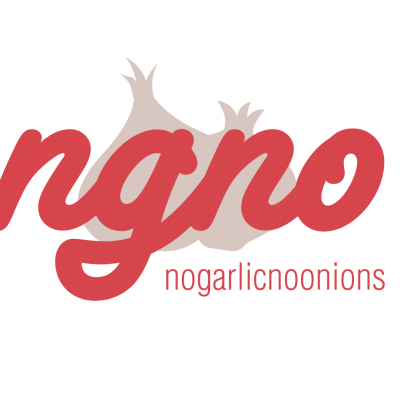Company Debt published exclusive insights about the Travel Industry and its recovery in a Post-Covid World.
As we enter the second year of restrictions, the collective desire for the travel industry to reopen is there. People are desperate to go on foreign holidays and many economies around the world are reliant on the tourist trade.
So what steps has the travel industry taken to adapt to the new world order? And how are the stakeholders working together to make travel friendly once again?

- The travel industry has felt the effects of the COVID-19 pandemic more strongly than almost all others.
- The unprecedented disruption caused by the pandemic led to a 74% fall in international tourist arrivals
- People are ready to travel again.
- The travel industry’s much anticipated bounce back is inching ever nearer.
- Companies are seeing this as an opportunity to build more sustainable and resilient practices and develop new solutions that can help them to stay competitive in the future.

How is the Industry Innovating to Reinvent Itself?
With pent-up demand continuing to grow and the roll-out of the coronavirus vaccine continuing at a pace, the travel industry is getting ready to rebound in a big way. With the bounce back inching nearer, these are some of the innovative ways that travel firms are restoring their customers’ confidence and adjusting to a new era of travel.
- Vaccine passports and digital passes
One fiercely debated approach to get the travel industry back up and running has been the introduction of vaccine passports and digital passes. These are official documents that show that travellers have been vaccinated against COVID-19 or have recently tested negative for the virus.
The UK and the US are both considering the idea, but there has also been opposition from those who say that such a scheme would lead to a lack of equity. That’s due to the fact that the young, pregnant women and people who can’t be vaccinated for medical reasons would be prevented from travelling.
- Contactless stays
Another coronavirus-related adaptation is the use of digital technology to create contactless stays. Hotels and other holiday accommodation providers are introducing digital applications that can be downloaded and allow guests to check-in and check-out, make payments and request other services without the need for in-person contact with members of staff. Many hotels are also making their room cleaning service opt-in, so visitors can avoid having someone enter their room during their stay.
- Changes to aeroplane seat design
One innovation that’s designed to make flying safer in a post-COVID world is the ‘Origami’ aeroplane seat. The brainchild of a French cabin equipment supplier and a British seating designer, it features foldout sections that can be used to create partitions around economy-class seats.
Leaving the middle of three seats vacant allows passengers in the inner and outer seats to create a privacy barrier between them. The partitions can be fitted to 90% of economy seats and a premium economy concept is currently in development.
- Hygiene as a marketing message
For hotels, holiday rentals, airlines, cruises, restaurants and bars, personal safety and hygiene standards have never been more important. Even when it’s permitted, many customers will still be anxious about travelling due to the risks it presents. To make customers more likely to confirm a reservation, travel businesses must increase cleaning, maintain social distancing, provide hand gel and communicate the steps they have taken to their customers.
Messaging about hygiene is now featuring much more prominently for many travel firms, with safety-related messages on website homepages and hygiene information contained within pre-arrival and confirmation emails.
- Shifting from international to local
With various restrictions in place, travelling abroad has not been possible for many people over the last 12 months. However, for much of the year, travelling more locally has. That has led to a switch in strategies for many travel firms, with more emphasis being placed on the kind of facilities that are more attractive to the local market.
One benefit of this switch is that local customers are less likely to cancel, as their plans are only affected by local restrictions. They’re also less likely to need COVID-19 tests before their trip or have to quarantine after their visit. That makes bookings much easier to come by.
- Virtual reality tours
Online VR tours may be a poor substitute for experiencing a new destination in person; however, they can be particularly useful within the context of COVID. VR tours allow customers to experience hotel and restaurant interiors, outdoor attractions and more through any web browser and from the safety of their home. That can provide reassurance that travel firms are taking COVID restrictions seriously and give customers the extra impetus they need to press ahead with their plans and make a booking.







































